Have you ever found yourself staring at a blank page, the cursor blinking back at you like an impatient dance partner waiting for your first move?
If so, you’re not alone. Many writers, from novices to seasoned pros, encounter the frustrating obstacle known as writer’s block.
But what if you could learn to dance with this partner instead of stepping on its toes?
By unlocking the secrets to overcoming writer’s block, you can transform that intimidating blank page into a canvas for your creative expression.
Understanding Writer’s Block
Writer’s block isn’t just a modern-day dilemma. It’s been the bane of many a scribe’s existence throughout history, lurking in the shadows of creativity and striking when least expected.
Understanding its roots can help us dismantle its power.
What is Writer’s Block?
At its core, writer’s block is a psychological barrier that prevents writers from producing new work. It’s that paralyzing fear that grips the mind, whispering doubts about your abilities and stifling your creativity.
This blockage can manifest as an inability to start writing or as a sudden cessation of inspiration mid-project. While some dismiss it as mere procrastination, many writers experience it as a genuine impediment to their creative flow.
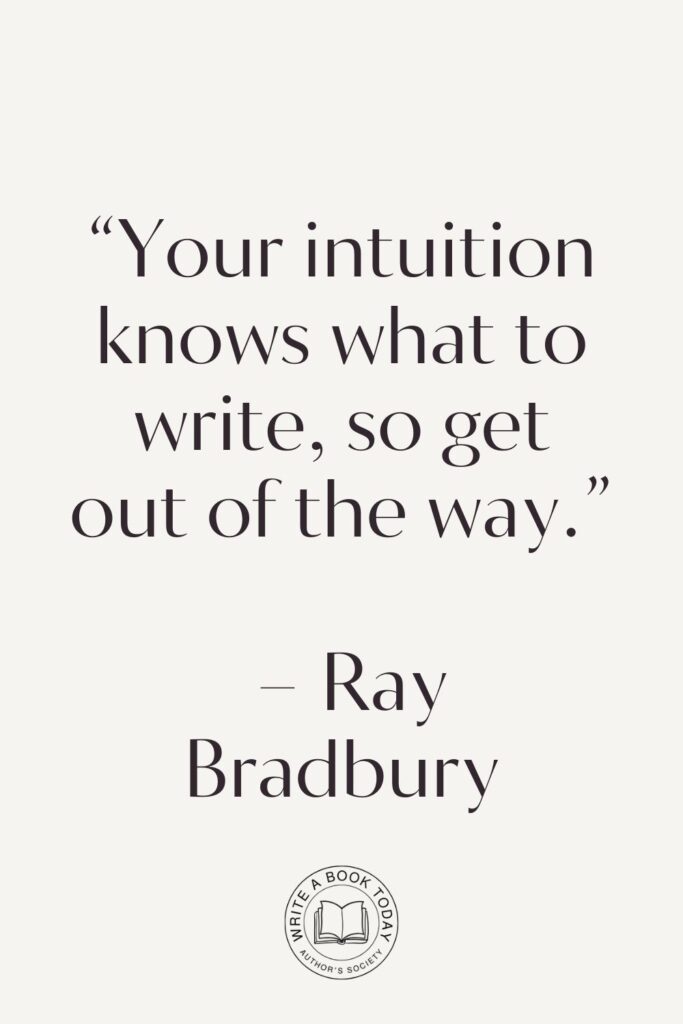
Common Causes of Writer’s Block
Several factors contribute to writer’s block, each as unique as the writer it affects. Fear often tops the list-fear of failure, of criticism, or of producing something less than perfect.
Procrastination, perfectionism, and even distractions play significant roles. Identifying these culprits is the first step toward breaking free from their grasp.
Embrace imperfection in your writing process. Allow yourself to write poorly at first, knowing that editing can refine your work later. This mindset reduces pressure and invites creativity.
Secret #1: Embrace the Power of Breaks
Imagine your brain as a muscle. Just like any muscle, it requires rest and recovery to function optimally. Taking breaks isn’t just a luxury; it’s a necessity for maintaining peak creative performance.
The Science Behind Taking Breaks
Scientific research supports the idea that breaks can significantly enhance productivity and creativity. When you step away from your work, your brain continues to process information subconsciously, often leading to breakthroughs and new ideas upon your return.
It’s akin to letting a stew simmer, allowing flavors to meld and deepen over time.
No marketing platform? No social following? No problem!
Publisher Rocket helps you market your debut novel like a pro.
It’s a gamechanger for debut authors – try it today!

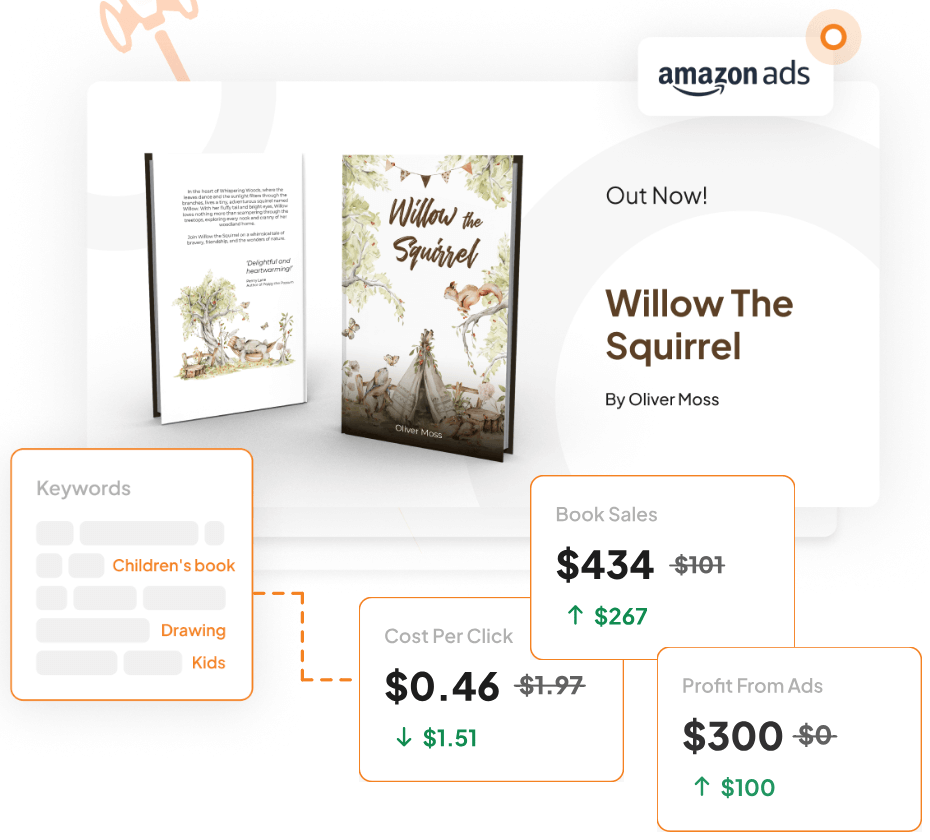
Activities to Refresh Your Mind
Breaks don’t have to be elaborate. Simple activities can recharge your mental batteries and spark creativity. Consider taking a walk in nature, engaging in a brief meditation session, or even doodling absentmindedly.
These activities can invigorate your mind, making it more receptive to new ideas.
- Take a brisk walk around your neighborhood.
- Listen to a favorite song or playlist.
- Try a short breathing exercise or meditation.
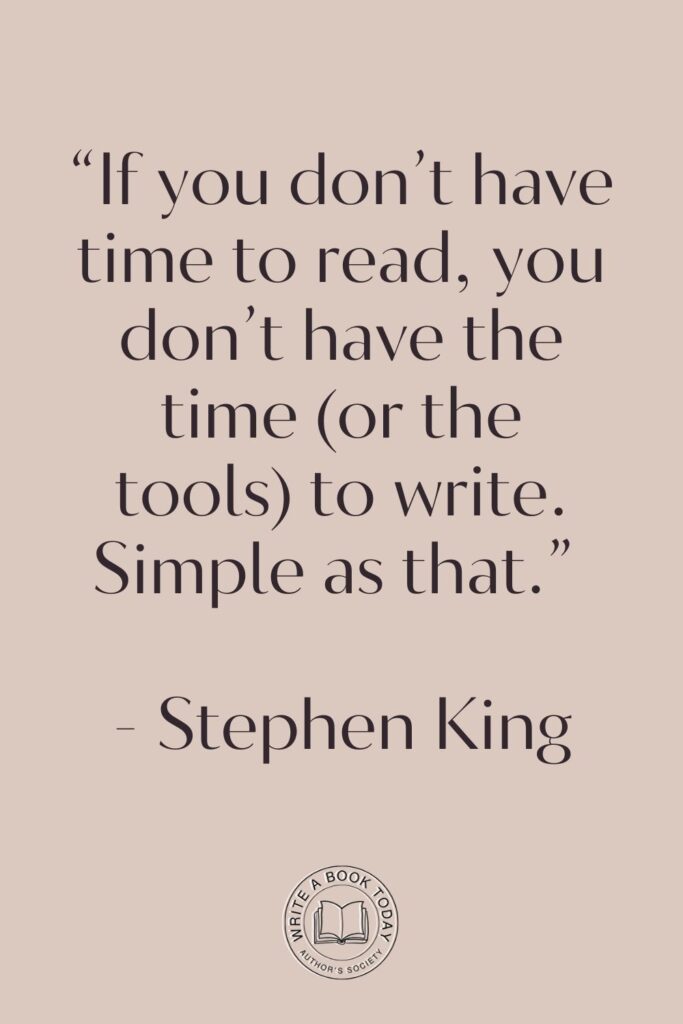
Secret #2: Change Your Environment
Sometimes, all it takes to ignite your creativity is a change of scenery. Your surroundings have a profound impact on your mental state and can either stifle or stimulate your imagination.
Why Environment Matters for Creativity
Your environment acts as the backdrop for your creative endeavors. A cluttered, noisy space can distract and overwhelm, while a serene, organized setting can foster concentration and inspiration. By altering your environment, you can reset your mental state and invite creativity to flourish.
Ideas for New Writing Spaces
Experiment with different settings to find one that resonates with you. Try writing in a cozy café, a quiet library, or even outdoors in a park.
Each location offers unique stimuli that can refresh your perspective and inspire new ideas.
| Location | Ambiance |
| Café | Buzzing energy, aroma of coffee |
| Library | Quiet, focused atmosphere |
| Park | Natural sounds, open space |

Secret #3: Discover Your Peak Writing Time
Every writer has a unique rhythm, a time of day when their creative juices flow most freely. Identifying this peak period can transform your writing sessions into productive and fulfilling experiences.
Identifying Your Best Hours
Pay attention to when you feel most energized and focused. For some, the early morning hours offer tranquility and clarity, while others find their muse visiting late at night. Experiment with different times to discover when your creativity is at its zenith.
Google Docs is for notes. Scrivener is for novels. Upgrade your writing game and try it for free today!

Creating a Writing Schedule That Works
Once you’ve pinpointed your optimal writing time, craft a schedule that aligns with it. Prioritize these periods and guard them fiercely against distractions. Consistency is key, and over time, your writing routine will become a natural part of your day.
Establish a pre-writing ritual to signal your brain that it’s time to create. Whether it’s brewing a cup of tea or playing a specific song, rituals can help transition you into a creative mindset.
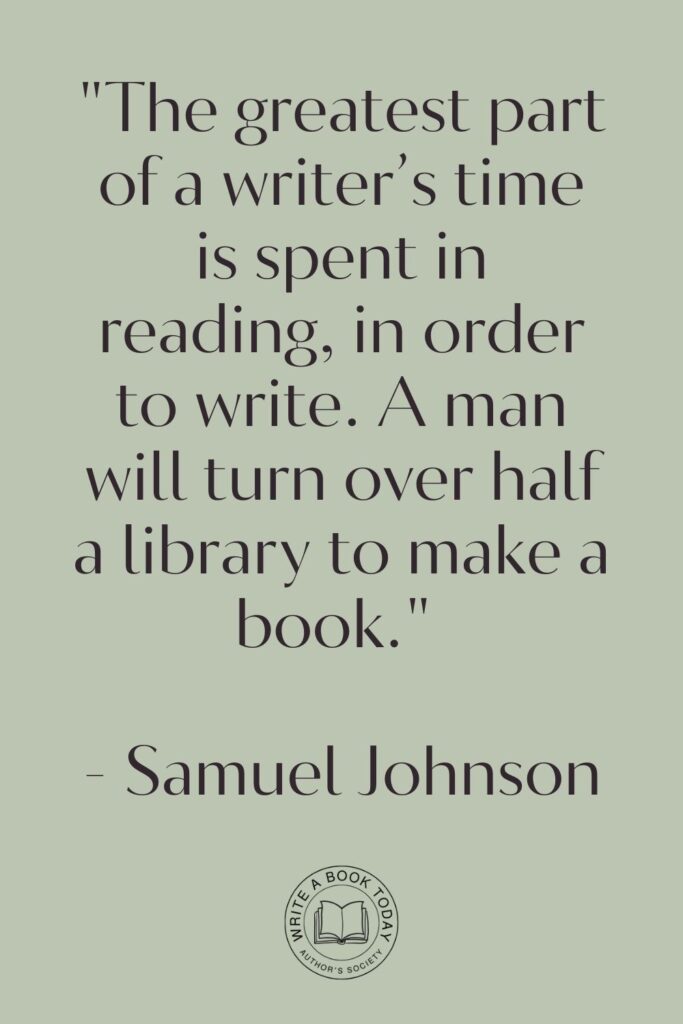
Secret #4: Freewriting to Unleash Ideas
Freewriting is a powerful technique that taps into your subconscious, allowing ideas to flow unimpeded by judgment or structure. It’s like opening a floodgate to your imagination.
What is Freewriting?
Freewriting involves setting a timer and writing continuously without worrying about grammar, coherence, or logic. The goal is to bypass your inner critic and let your thoughts spill onto the page.
This practice often uncovers hidden gems and sparks new directions for your writing.
How to Practice Freewriting Effectively
Start with short sessions of five to ten minutes, gradually increasing the duration as you become more comfortable. Choose a prompt or a random thought and write without pausing.
Let your mind wander and explore, knowing that there are no wrong answers in freewriting.

Secret #5: Eliminate Distractions for Focused Writing
In our hyper-connected world, distractions are omnipresent. From social media notifications to household chores, these interruptions can derail your creative process. Minimizing them is essential for focused writing.
Identifying Common Distractions
Take note of what commonly disrupts your writing sessions. Is it your phone, background noise, or the lure of the internet?
Recognizing these distractions is the first step toward managing them effectively.
Techniques to Minimize Interruptions
Consider using apps or browser extensions that block distracting websites during your writing time. Set boundaries with those around you, communicating the importance of uninterrupted focus.
By creating a distraction-free environment, you pave the way for deeper immersion in your work.
Implement the Pomodoro Technique by working in focused intervals of 25 minutes, followed by short breaks. This method enhances concentration and prevents burnout.
Feeling lost with your debut novel?
Fiverr Pro connects you with expert editors, designers, and marketers – everything you need to get your book ready for success!

Taking Action: Your Path to Overcoming Writer’s Block
Armed with these secrets, you’re now equipped to tackle writer’s block head-on.
The journey to unlocking your creativity is personal and ongoing, but by embracing these strategies, you can cultivate a productive and fulfilling writing practice.
Practical Steps to Implement the Secrets
Begin by integrating one secret into your routine at a time. Allow yourself the grace to experiment and adapt as needed.
Celebrate small victories along the way, knowing that each step brings you closer to overcoming writer’s block.
Building a Sustainable Writing Routine
Consistency is the foundation of any successful writing practice. Establish a routine that aligns with your lifestyle and creative rhythms.
Over time, this routine will become second nature, empowering you to write with confidence and ease.
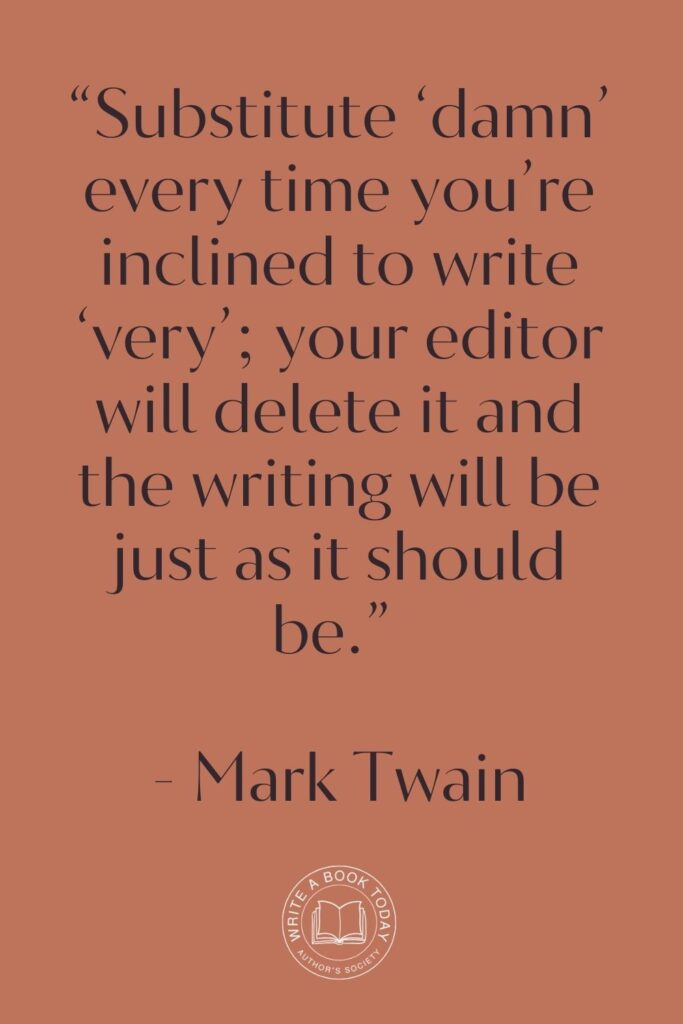
Inspiring Quotes to Keep You Motivated
As you embark on this journey, let the words of those who’ve walked the path before you serve as a beacon of inspiration:
- “You can’t wait for inspiration. You have to go after it with a club.” — Jack London
- “The secret to getting ahead is getting started.” — Mark Twain
- “You can always edit a bad page. You can’t edit a blank page.” — Jodi Picoult
Remember, the blank page is not your enemy but a canvas awaiting your touch. With these secrets in your arsenal, you can conquer writer’s block and unlock the boundless creativity within you.








